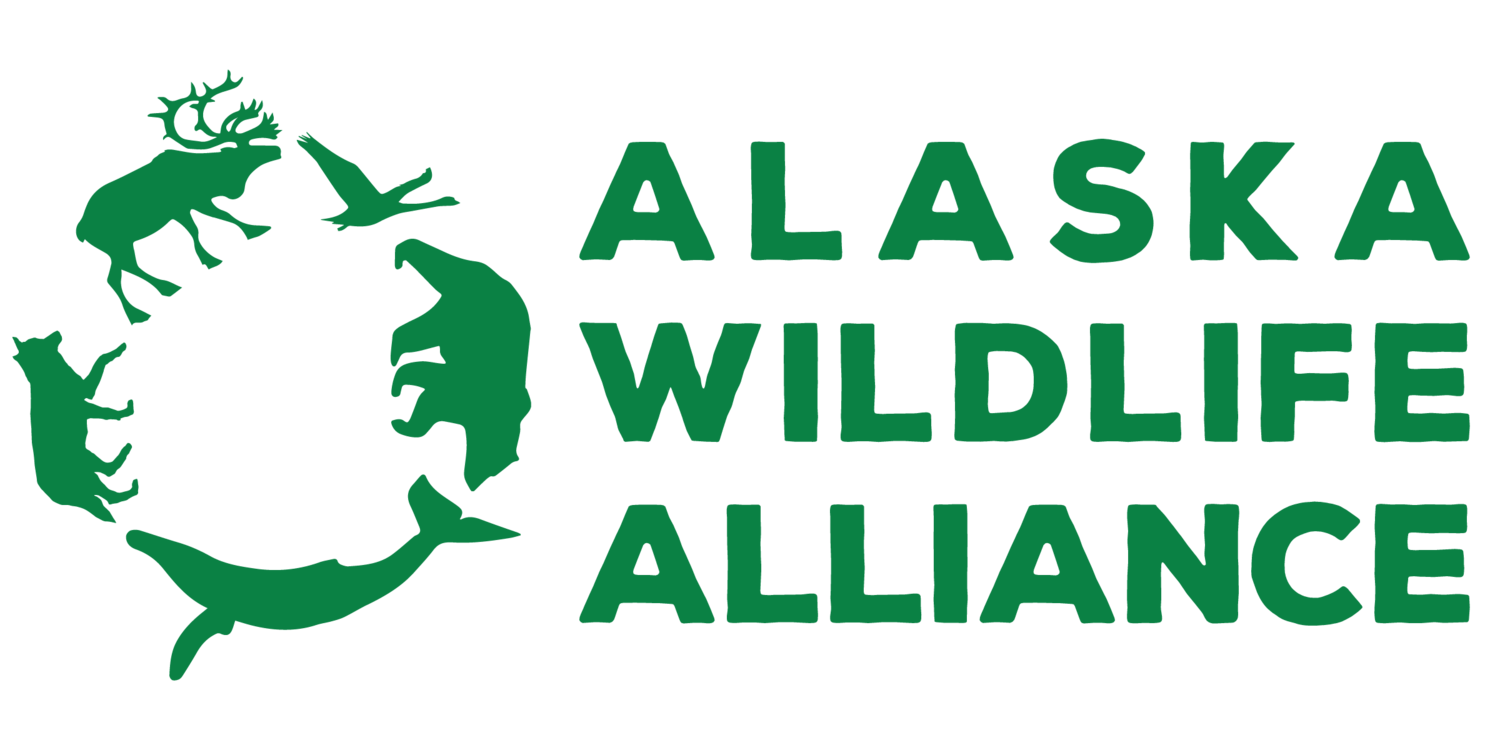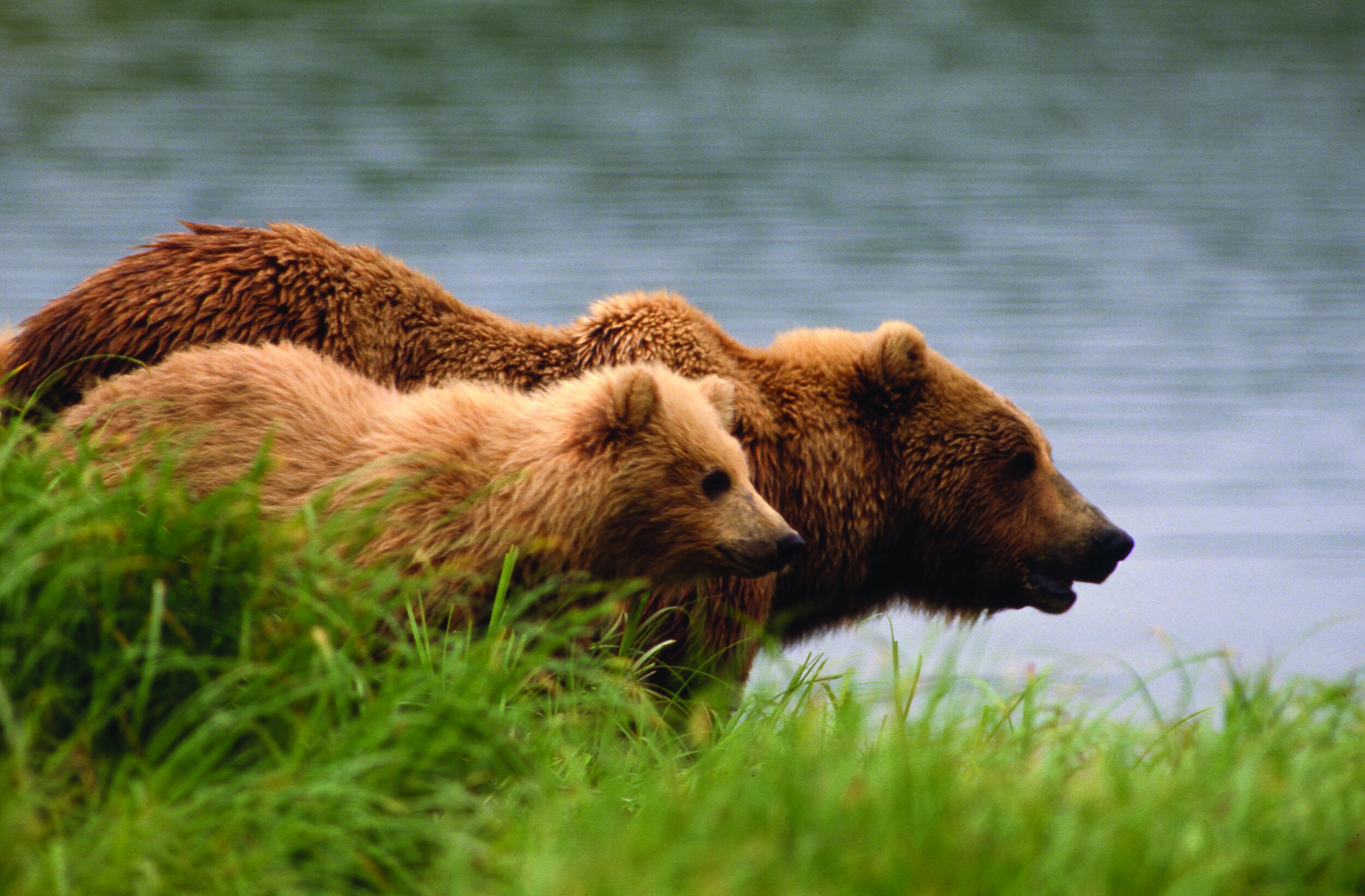The Board of Game is considering an additional brown bear season on the Alaska Peninsula — despite a declining bear population.
Why? As a favor to hunting guides.
Alaska Peninsula Bear Hunting trip priced at $29,500 | Worldwide Trophy Adventures
Background
The iconic bears of the Alaska Peninsula are in distress. This bear population has been declining for the last twenty years, and almost 2,050 of these bears have been killed by hunters since 2011.
Unit 9 is home to some of Alaska’s largest and most famous bears. These are the bears of the Katmai Fat Bear competition, the Brooks Falls webcam, and McNeil River.
Now, as a favor to a small group of guides and the trophy hunters they cater to, the Alaska Board of Game is considering the extraordinary step of allowing three consecutive hunts (Spring 2021, Fall 2021, Spring 2022) on these vulnerable bears — something we haven’t seen since the 1970s.
This is a recipe for disaster. Here’s how it happened.
Bear 435, aka "Holly," before and after her prehibernation weigh-in. Holly went on to win the final round in Fat Bear Week 2019. Katmai National Park & Preserve
During a teleconference on April 14, 2020, the Alaska Board of Game heard testimony from hunters (including out-of-state hunters) and guides who lobbied for increased hunting opportunities of bears in 2021 as a means to compensate for pandemic-related lost revenue in spring 2020.
During that meeting, the Board of Game generated the following proposal:
PROPOSAL 1 - 5 AAC 85.020. Seasons and bag limits for brown bear. If adopted, proposal 1 would open a special spring 2021 season for certain registration brown bear hunts in the Alaska Peninsula, which is designated as Game Management Unit 9. Currently, a portion of the spring bear hunting in GMU 9 occurs on an alternating schedule: open for spring hunting in 2020 and closed in 2021. This special season would be for one year only.
The Alaska Board of Game will be holding a special meeting at 1pm on June 3rd to vote on this proposal.
Alaska Wildlife Alliance is not anti-hunting. In fact, we have hundreds of hunters in our membership and several on our Board. We believe in ecosystem-based management, grounded in sound science.
We are very concerned about PROPOSAL 1 - 5 AAC 85.020. Seasons and bag limits for brown bear, which would add an extra hunting season next spring (2021) on the Alaska Peninsula, resulting in three unprecedented, consecutive hunting seasons of brown bears.
Brown bear sow with cubs, Alaska Department of Fish & Game
Read our comment, submitted to the Board of Game, below.
What Is the Board of Game?
The Alaska Board of Game is the state's leading regulatory authority with regards to wildlife management— they are charged with making allocative and regulatory decisions that affect wildlife across the state.
The board has seven members, each appointed by the governor for a three-year term. Each member must be confirmed by a joint session of the state legislature.
Contrary to popular belief, the seven members who make these regulatory decisions are not Alaska Department of Fish & Game employees, rather they are members of the public appointed by the governor to be the official decision-makers.
The State of Alaska’s regulations include mandates to provide for multiple uses of our wildlife resources, including non-consumptive uses such as wildlife viewing.
Unfortunately, in recent years the Board of Game’s representation has become less diversified and less representative of all wildlife users.
The focus has strongly shifted to representing the interests of consumptive users, such as sport hunters and trappers, while virtually eliminating a voice for non-consumptive users, such as wildlife viewers, despite the fact that wildlife viewing brings a greater socio-economic benefit to the state than hunting (in 2011, wildlife viewing activities supported over $2.7 billion dollars in economic activity in Alaska).





